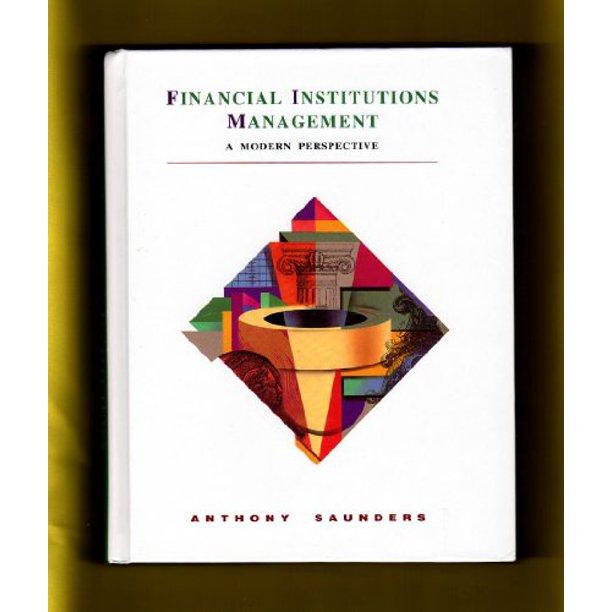Question
ch 7 1) What are economies of scale in financial transactions? How can financial intermediaries achieve these economies? 2) Explain how the lemons problem could
ch 7
1) What are economies of scale in financial transactions? How can financial intermediaries achieve these economies?
2) Explain how the "lemons" problem could cause financial markets to fail.
3) Distinguish between adverse selection and moral hazard.
4) What facts about financial structure can be explained by adverse selection?
5) What facts about financial structure can be explained by moral hazard?
6) What factors usually cause an increase in moral hazard and adverse selection?
7) What is the principal-agent problem?
8) What is the free-rider problem? Describe some situations that this problem creates.
9) The U.S. has more lawyers per capita than any other country in the world. It is also among the richest countries in the world. Explain why these two facts may not be mere coincidence.
10) Why should we be concerned about conflicts of interest in the financial services industry?
11) What conflicts of interest can arise in investment banking?
12) What conflicts of interest can arise in accounting firms?
13) What conflicts of interest can arise in credit-rating agencies?
14) Evaluate the major provisions of Sarbanes-Oxley and the Global Legal Settlement as remedies for conflict of interest problems.
15) What issues do critics cite when discussing why Sarbanes-Oxley has led to a decline in U.S. capital markets?
Step by Step Solution
There are 3 Steps involved in it
Step: 1

Get Instant Access to Expert-Tailored Solutions
See step-by-step solutions with expert insights and AI powered tools for academic success
Step: 2

Step: 3

Ace Your Homework with AI
Get the answers you need in no time with our AI-driven, step-by-step assistance
Get Started


